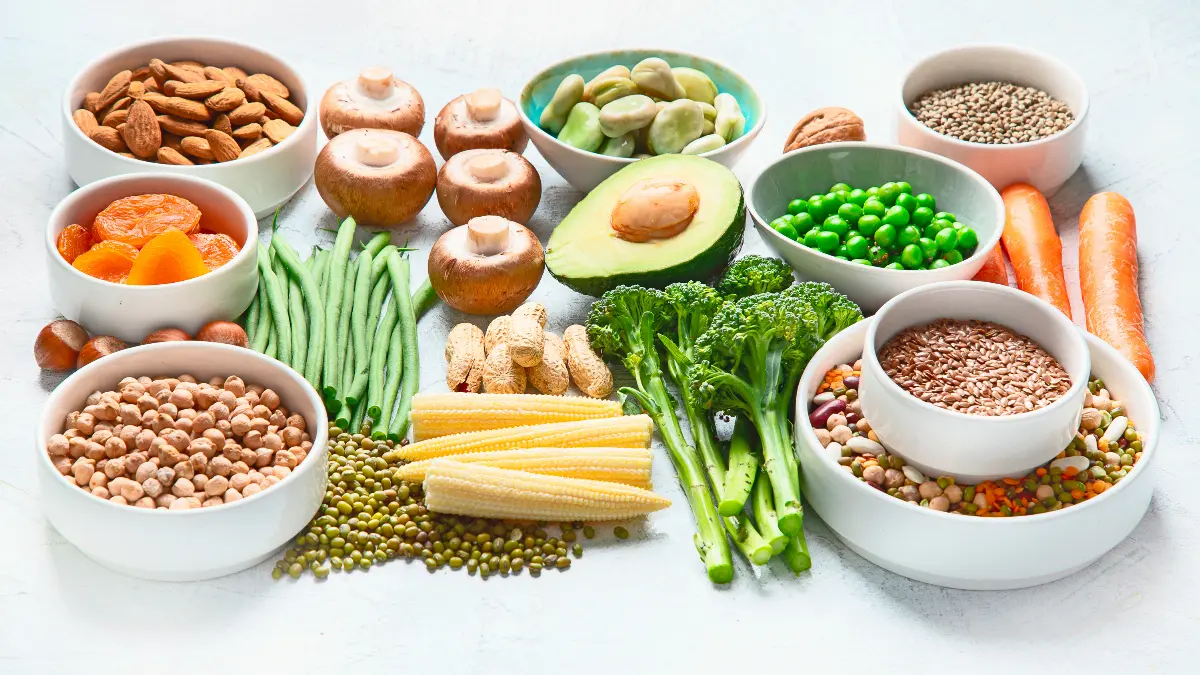
Do you want to access to this and other private contents?
Log in if you are a subscriber or click here to request service
Plant based diets: the impact (not always positive) on health and on environment
The World Health Organization study/Annex

Nowadays, more and more vegetable substitutes for dairy products and meats are present on the shelves of supermarkets and even the vegan diet is making its way through the habits of different consumers. However, these surrogates may not be healthy for humans or the environment, according to a new study. The World Health Organization has made public a research on the impact of diets consisting of plant...
hef - 23692
EFA News - European Food Agency
EFA News - European Food Agency